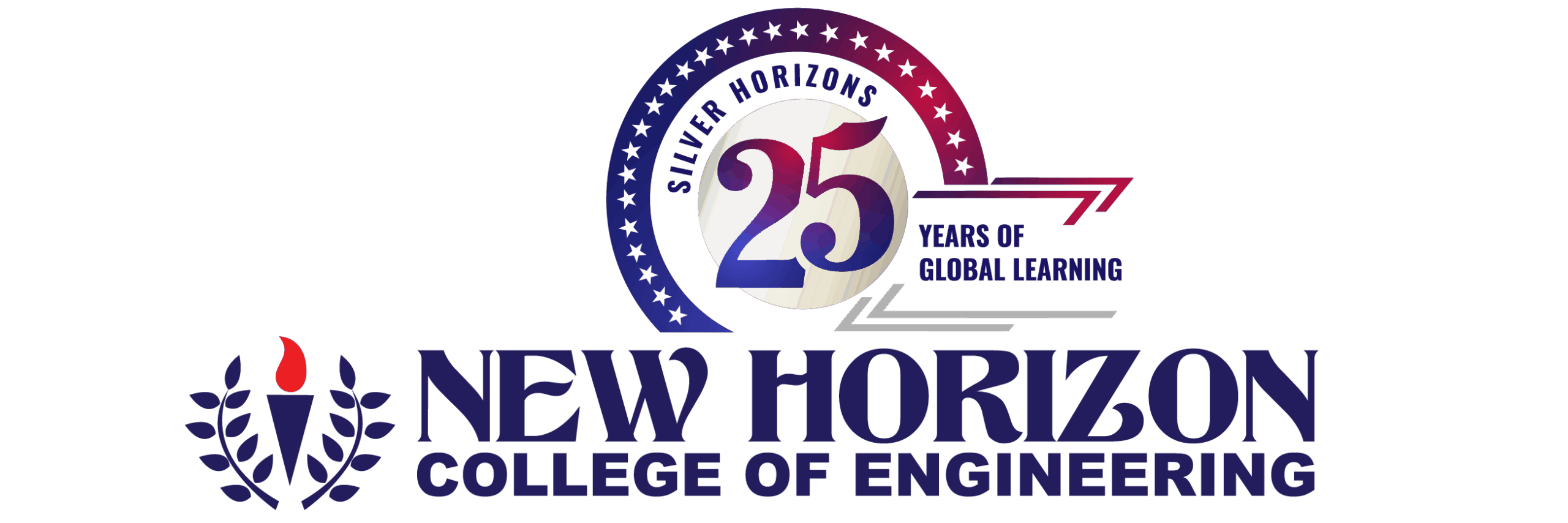PEO / PO / PSO
PROGRAM EDUCATIONAL OBJECTIVES (PEOs)
PEO 1
- Excel in the field of Computer Applications and contribute to academia, industry and research.
PEO 2
- Deliver software solutions that are socially relevant and adapt quickly to emerging technologies
PEO 3
- Demonstrate professional behavior by understanding ethical and communication skills to engage in lifelong learning
PEO 4
- To encourage students capability to set up their own enterprise in various sectors of Computer Applications.
PEO 5
- To prepare the students to pursue higher studies in computing and related fields and to work in the fields of teaching and research.
PROGRAM SPECIFIC OUTCOME (PSOs)
PSO1
- To master skills in computing technologies to analyze, design and develop solutions for industry-oriented real-time computer applications.
PSO2
- To inculcate technical communication skills and ethics, with professional practices to strengthen research and enhance career opportunities
Program Outcomes (POs)
PO1: Foundation Knowledge
- Apply knowledge of mathematics, programming logic and coding fundamentals for solution architecture and problem solving.
PO2: Problem Analysis
- Identify, review, formulate and analyse problems for primarily focusing on customer requirements using critical thinking frameworks.
PO3:Development of Solutions
- Design, develop and investigate problems with an innovative approach for solutions incorporating ESG/SDG goals.
PO4: Modern Tool Usage
- Select, adapt and apply modern computational tools such as development of algorithms with an understanding of the limitations including human biases.
PO5: Individual and Teamwork
- Function and communicate effectively as an individual or a team leader in diverse and multidisciplinary groups. Use methodologies such as agile.
PO6: Project Management and Finance
- Use the principles of project management such as scheduling, work breakdown structure and be conversant with the principles of Finance for profitable project management
PO7: Ethics
- Commit to professional ethics in managing software projects with financial aspects. Learn to use new technologies for cyber security and insulate customers from malware.
PO8: Life-long learning
- Change management skills and the ability to learn, keep up with contemporary technologies and ways of working
PO9: Life-long Learning
- Understand the societal, environmental, health, legal, ethical issues and its impact with respect to computing and professional practice.
PO10: Ethical Practices and Social Responsibility
- Discover openings and use novel thoughts for creating value and wealth for the betterment of the individual and society
PO11:Independent and Reflective Learning
- Design, execute and interpret the software with real time data and synthesis the information to reach suitable conclusions.

